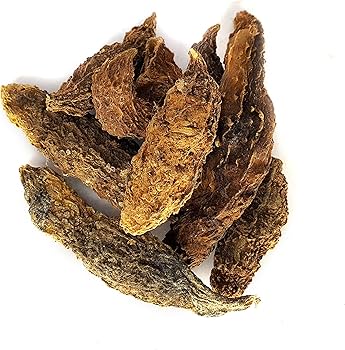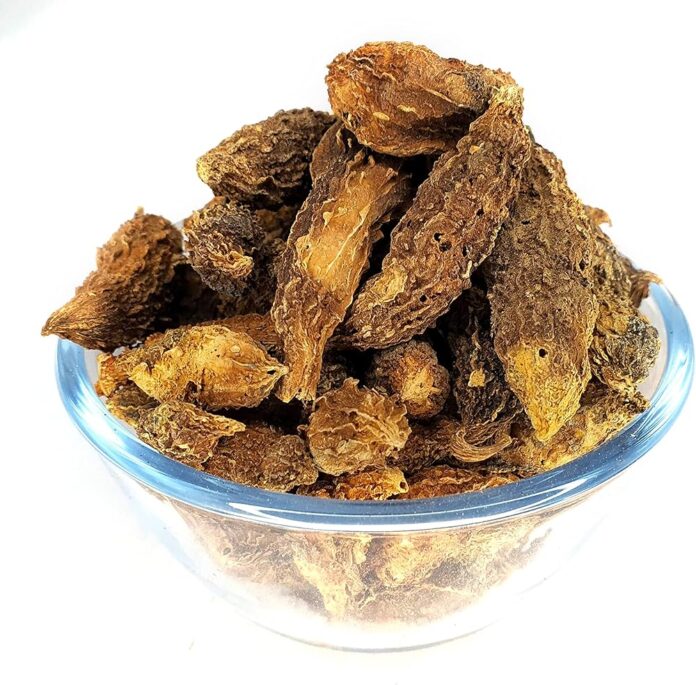What is bitter Gourd?
Bitter gourd is a green-skinned vegetable with white to translucent flesh and a taste that fits its name. Unless you grew up with bitter gourd as part of your regular diet, it might take you a while to warm up to the bitter flavor. Bitter melon, or Momordica charantia, is a tropical vine in the gourd family, known for its bitter-tasting green fruit. Widely cultivated in Asia, Africa, and the Caribbean, it is commonly used in various cuisines and traditional medicine. Bitter melon is recognized for its potential health benefits, particularly in blood sugar regulation, and is believed to have antioxidant, anti-inflammatory, and antimicrobial properties.
Other Names
Bitter gourd is a member of the Cucurbitaceae family, which is also known as the gourd family. Vegetables like pumpkin, cucumber, watermelon, melon, squash, and zucchini also belong to this group. The scientific name of bitter melon is Momordica charantia (MC). Around the globe, it’s known by many other names, like:

- Pare
- Karela
- Bitter apple
- Bitter melon
- Balsam pear
- Leprosy gourd
- Bitter cucumber
How much bitter melon can you have in a day?
If you’re planning to add bitter melon to your diet, make sure to only have moderate amounts of it per day. Have no more than 3 to 15 grams of powdered dried fruit in a day. If drinking it as fresh juice, limit the amount to 100 to 200 ml per day. If you’re planning to use bitter gourd extract, keep your dose between 100 to 200 mg, and have it no more than three times a day.
Forms
Bitter gourd, also known as bitter melon (Momordica charantia), is available in several forms:
- Fresh Gourd: The raw fruit is commonly used in cooking, often stir-fried, stuffed, or added to curries and salads.
- Dried Gourd: Used in teas or herbal preparations, offering a concentrated flavor and health benefits.
- Powder: Made from dried bitter gourd, used in capsules or as a dietary supplement.
- Juice: Extracted from fresh bitter gourd, consumed for its potential health benefits.
- Tea: Prepared by steeping dried or fresh bitter gourd in hot water.
- Tincture: An alcohol-based extract that provides concentrated benefits in small doses.
- Pickles: Often pickled with spices to enhance flavor and preserve the gourd.
- Frozen: Available in frozen form for convenience, retaining nutritional properties.
Health Benefits
Bitter gourd (Momordica charantia) offers several potential health benefits, including:
Fights Inflammation
Bitter gourd is packed with polyphenols. These compounds are known for their ability to lower inflammation in the body. The more of them there are, the greater the anti-inflammatory effects could be.
Diabetes Management
Bitter gourd contains bioactive compounds called saponins and terpenoids. These compounds are responsible for the vegetable’s bitter taste, but may also play a role in lowering blood sugar levels in people with diabetes. The saponins and terpenoids in bitter gourd may help move glucose from the blood to the cells while also helping your liver and muscles better process and store glucose.
Promotes Weight Loss

The lipid metabolism is also influenced by bitter gourd along with glucose metabolism. It may have an anti-obesity impact by lowering fat buildup. By modifying the relevant gene expression, it was discovered that bitter melon might inhibit weight gain, giving you another excellent. According to one study, adipocytes, the body’s fat storage cells, are specifically targeted by bitter gourd seed oil, which may cause the body’s fat reserves to decrease.
Beneficial For the Skin and Hair
Vitamins A and C, which are both good for the skin, are abundant in bitter gourd juice. It treats acne and other skin flaws while also delaying the ageing process. Various skin diseases, including psoriasis and itching, can also be treated with it. “Bitter gourd or Karela” juice seals in the texture of the hair and also works to stop split ends, dandruff, and hair loss.
Relief in Hemorrhoids
Bitter gourd is a potent anti-inflammatory and works well as a lotion for the excruciating condition of piles. External application of a paste derived from the bitter gourd plant’s root helps lessen swelling, ease pain, and stop bleeding. Additionally, consuming bitter gourd juice instantly relieves hemorrhoids.
Heals Wounds & Injuries
Strong anti-inflammatory properties are present in bitter gourds. Because it controls blood flow and coagulation, large-scale infections are reduced, and wounds heal more quickly.
Enhanced Digestion
By facilitating the smooth and effective operation of the digestive system, bitter gourd, a rich source of fibre, enhances bowel movement in the body. It also keeps the body hydrated and cool because most of the vegetable contains water.
Liver Purification
This leafy green vegetable is a great friend to your liver since it cleans out any alcohol residue that has built up inside of it and detoxifies it from any toxins. Bitter gourd also improves liver function by increasing its enzyme levels. Among other benefits of eating bitter gourd, one is that it can maintain the health of one’s bladder and intestines with everyday consumption
Side Effects
Bitter gourd (Momordica charantia) is generally safe for most people when consumed in moderation, but it may cause some side effects, including:

- Gastrointestinal Issues
- Allergic Reactions
- Low Blood Sugar
- Pregnancy Concerns
- Interactions with Medications
- Kidney Issues




